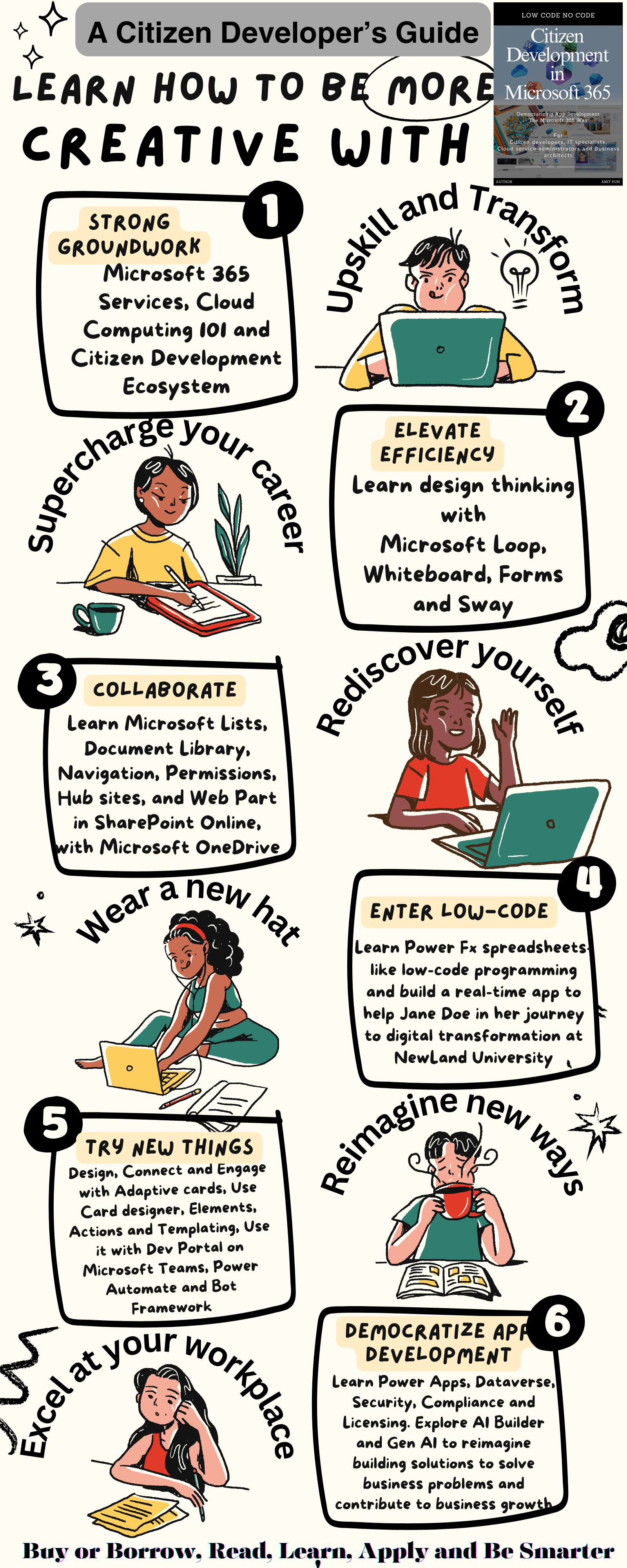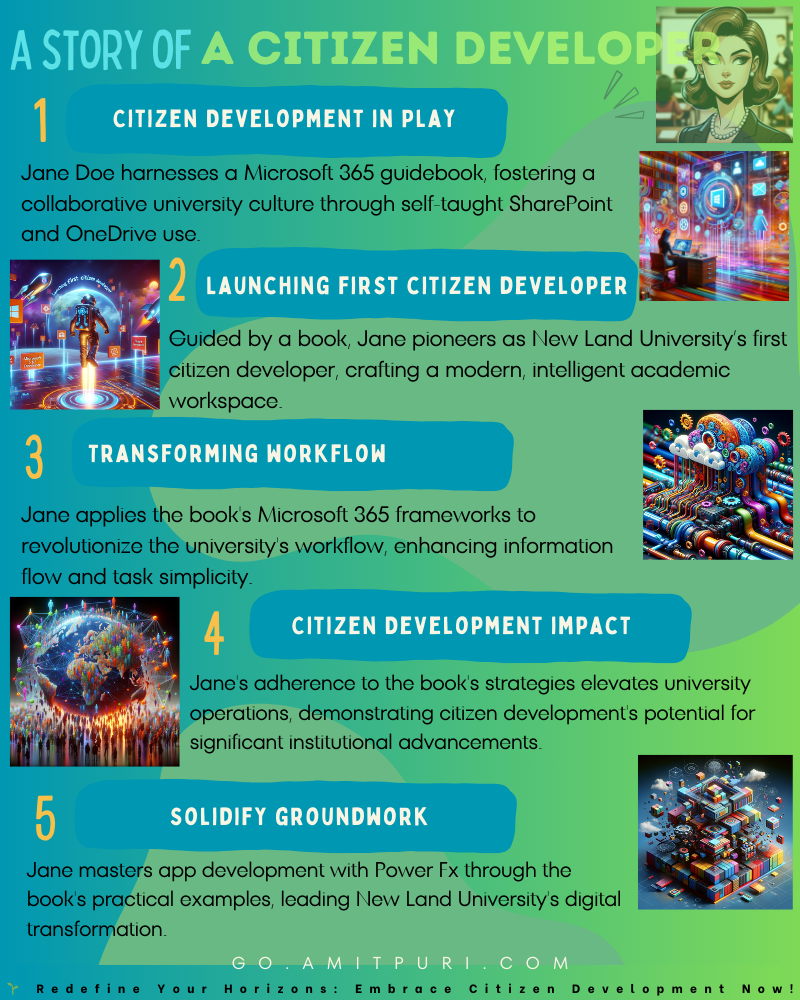McKinsey delves into the transformative potential of generative AI, highlighting its rapid evolution, industry-specific impacts, and the broader implications for the global economy. From reshaping knowledge work to driving software innovation, the article provides a comprehensive overview of how gen AI is set to revolutionize various sectors. It emphasizes the importance of understanding high-value use cases, the need for AI literacy, and the challenges and opportunities that lie ahead.
Generative AI has rapidly advanced, with its potential becoming increasingly evident. Since the launch of ChatGPT in November 2022, the technology has garnered significant attention, with businesses eager to harness its potential. McKinsey’s research indicates that generative AI could contribute up to $4.4 trillion annually to the global economy. The article delves into various aspects of generative AI, such as its potential applications, the industries that could benefit the most, its impact on jobs, and the concerns surrounding its responsible use. The article also emphasizes the rapid advancements in the field, with new iterations of generative AI technology being released frequently.
-
Gen AI’s Rapid Evolution Gen AI, powered by advanced machine learning, has been in development for years. However, since the introduction of ChatGPT in late 2022, there have been frequent updates to gen AI technologies. Notably, March 2023 saw six significant advancements, including tools for customer relations and financial services.
-
Accelerated Path to Human-like Abilities Gen AI is projected to match the average human’s performance in various technical tasks by the decade’s end. By 2040, it’s expected to rival the top quartile of human performers. This progress is decades ahead of prior predictions.
-
Knowledge Work Automation on the Horizon While past automation technologies primarily impacted manual tasks, gen AI is set to revolutionize knowledge-based roles. This includes professions like teaching, law, and tech. The reason? Gen AI’s proficiency in understanding and dynamically using natural language.
-
Burgeoning Gen AI Applications Gen AI can produce a wide range of content, from text to videos. Businesses are crafting applications for diverse use cases, with a trend towards industry-specific solutions offering greater value.
-
Varied Impact Across Industries The influence of gen AI will differ based on factors like business functions and industry size. While most sectors will benefit from gen AI in marketing and sales, the tech and banking sectors might see enhanced software development speeds.
-
Identifying High-Value Use Cases is Crucial McKinsey’s report emphasizes understanding the most valuable gen AI applications for specific industries, offering insights for banking, life sciences, and retail sectors as examples.
-
Gen AI’s Underutilization in Commercial Activities Despite its potential, many organizations haven’t adopted gen AI. While 90% of marketing and sales leaders believe they should use gen AI frequently, 60% report seldom or never doing so.
-
Top Gen AI Use Cases for Marketing and Sales Leaders in marketing and sales are particularly excited about gen AI’s potential for lead identification, marketing optimization, and personalized outreach.
-
Boosted Efficiency in Software Engineering McKinsey’s internal testing revealed that gen AI tools can significantly speed up common developer tasks, such as code documentation, writing, and optimization.
-
Enhanced Developer Satisfaction with Gen AI Developers equipped with gen AI tools reported higher levels of happiness and productivity, attributing this to the automation of mundane tasks and quicker access to information.
-
Growing Worker Interest in Gen AI Tools A McKinsey survey found widespread experimentation with gen AI tools across various industries and demographics, with baby boomers using them more for work than millennials.
-
The Need for Gen AI Literacy As organizations set gen AI objectives, there’s a growing demand for skilled workers in the domain. To attract and retain such talent, organizations must offer rewarding experiences.
-
Treading Carefully with Gen AI While gen AI’s potential is exciting, it’s not without risks, such as producing biased or incorrect content. Organizations should be aware of these risks and ensure human oversight.
-
Gen AI’s Potential to Elevate Global Economy McKinsey suggests that gen AI could significantly enhance labor productivity. However, for global GDP growth to be sustainable and inclusive, workers must adapt to changing job roles and acquire new skills.
-
Gen AI is Just One Part of AI’s Value While gen AI is a significant advancement, traditional analytics and machine learning still play a vital role in task optimization across various sectors. Organizations should balance their focus between gen AI and other AI tools for maximum productivity and value.
In the article titled “What’s the future of generative AI? An early view in 15 charts” by McKinsey & Company, the transformative journey and potential of generative AI is explored in depth. Since the introduction of ChatGPT in November 2022, the landscape of generative AI has seen rapid advancements, with its potential economic impact estimated at up to $4.4 trillion annually. The article delves into the areas where gen AI will excel, the jobs it will influence, the industries that will benefit the most, and the activities that will offer the highest value. It also touches upon workers’ sentiments towards this technology, the necessary precautions for its responsible use, and its potential risks. The piece concludes by emphasizing the broader value of AI beyond just generative AI, suggesting that while gen AI is a significant leap forward, traditional analytics and machine learning still play a crucial role in task optimization across various sectors.
Highly suggest going through the entire article here What’s the future of generative AI? An early view in 15 charts






Comments